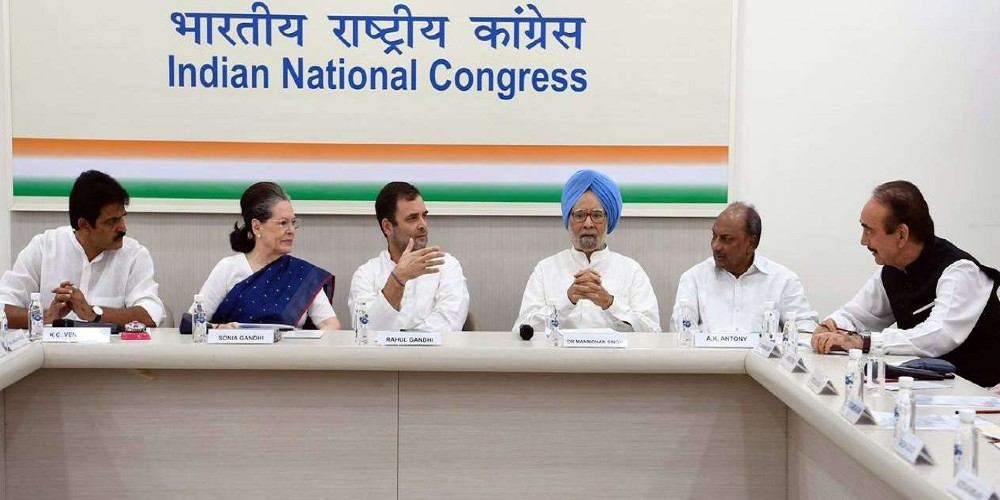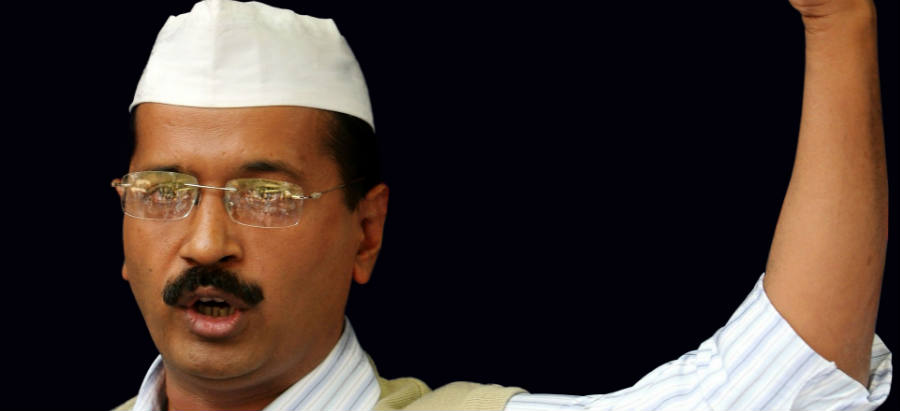BY SAEED NAQVI
A powerful incident like Afzal Guru’s hanging lifts the scab from earlier wounds, exposing raw nerves. Experiences one had pushed into the deepest recesses, begin to surface.
When I joined the Statesman as a cub reporter, my effort at house hunting taught me one of my earlier lessons: Muslims have difficulty finding houses. Even in the 60s? Sadly, the problem has grown worse. But my faith in the secular fabric was secured by senior colleagues, Kuldip Nayar and Bikram Singh who persuaded a delightful Mr. Gupta to rent us his house in South Delhi.
And now, in the context of Afzal Guru’s hanging the mind ferrets out Kashmir related memories.
Writing my earliest articles on Kashmir, I chanced upon a rare document. Maulana Azad mostly drafted his letters to his cabinet colleagues in Urdu. These were translated by his staff. In an inspired moment, Director of National Archives, Dr. Rajesh Kumar Pruti published the original in Urdu.
In a 1953 letter to Jagjivan Ram, Minister for Communications, then Education Minister Maulana Azad writes:
“As many as 53 persons from Jammu and Kashmir apply for a clerical post and only one is appointed. The rest are from outside the state. This baffles me. Obviously those in charge of recruitments are not sensitive to the fact that such instances complicate our stand on the question of Kashmir.”
“As you know, Communications and Defence have been transferred from the State to the Centre. We are asked mockingly that if this is the way Kashmiri Muslims are going to be treated by the Communications and the Defence Ministries, then what hope will there be for these people if other departments are transferred to the Centre? How do we respond to this charge?”
In another letter the Maulana is even more blunt:
“The state government has been complaining repeatedly that Kashmiri Muslims are not recruited by the State Posts and Telegraphs department. Jobs are given only to non-Muslims.”
He concludes in another letter:
“If this is the result of a department having been transferred to the Centre, then how will Kashmir ever have the confidence that its future is secure with India.”
President of the Congress in its crucial phases, a friend and confidant of India’s first Prime Minister, erudite, an intellectual, has, within six years of independence, been reduced to a supplicant, imploring cabinet colleagues to stand by the promises they had made to the people of India. There are other letters which are even more pathetic.
How “appeased” the Muslims had been, came out in bold relief in the Sachar Committee report in 2006. They had in the years since independence been pushed into the ranks of the most marginalized. The Maulana would have shed tears of blood.
There was minimal breast beating at the report but no more. To do anything dramatic would only invite the appeasement slur. And appeasement would cause many to walk out on the Congress.
It was in continuation of this understanding, that the locks of the Ram Janmbhoomi temple were opened to please the devoted Hindus. The Supreme Court verdict on Shah Bano was upturned to appease the conservative Muslims. With the Hindus and Muslims so yoked (went the thesis), the Congress bandwagon would roll.
It did not. In fact the bandwagon collapsed largely because of the Congress ambivalence on the Mandir-Masjid issue. The Congress collusion in the demolition of the Babari Masjid was seen by the minorities as a great betrayal. They walked out on the Congress en masse. The party crashed to 140 seats in a house of 545. Gone, for good, were the days of absolute majorities.
Meanwhile, global events were to complicate the internal communal picture. Pakistan had stolen a lead in being enlisted as a frontline state in the post 9/11 war on terror. This was galling for New Delhi, having been a victim of cross-border terrorism for decades. In this context the December 13, 2001 attack on Parliament turned out to be an event which boosted India’s stature as a serious participant in the war on terror.
In the vocabulary of the global war on terror, Muslim became indistinguishable from “Jehadi”. This distortion was carelessly embraced by the Indian establishment, picking up young innocent Muslims on terrorism charges, training police guns only in one direction in all riots, arresting Akbaruddin Owaisi for his intemperate speech but hesitating on Praveen Togadia of the Vishwa Hindu Parishad. Togadia in his speech had boasted of the Muslim killed in a series of riots. He had virtually produced a macabre catalogue.
And now, finally, having spared the killers of Rajiv Gandhi and Beant Singh (that would destabilize Tamil Nadu and Punjab) they have taken a gamble on Afzal Guru because the valley of Kashmir is well covered with military presence. How will the aftermath playout?
The new middle class on the make is exposed to mobilization by that effective pulpit, 24X7 channels. Those who see themselves as victims get their diet of retaliatory vitriol and morale boosting rhetoric from the Urdu press.
For the moment, the two tectonic plates are moving parallel to each other. Should they ever meet, it will be with a cataclysmic impact.
(Saeed Naqvi is a senior Indian journalist, television commentator, interviewer, and a Distinguished Fellow at Observer Research Foundation. Mr. Naqvi is also a mentor and a guest blogger with Canary Trap)

